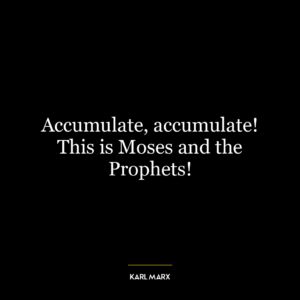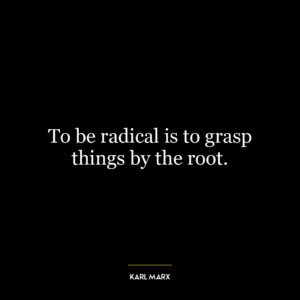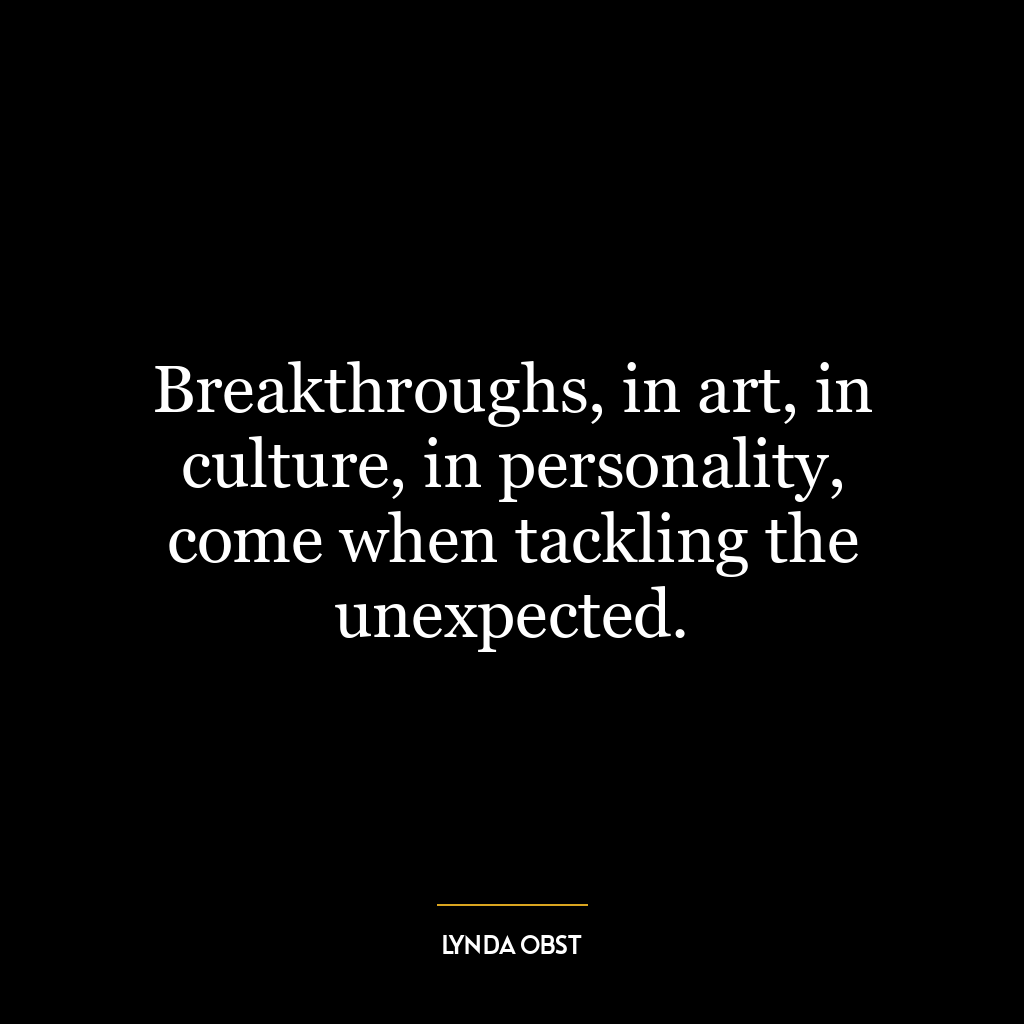The quote “To discover the various use of things is the work of history” suggests that history is not just a record of past events, but a process of uncovering the multiple ways in which those events and the objects, ideas, and people involved in them have been used and understood. This implies that history is not fixed or static, but dynamic and subject to reinterpretation.
In other words, the value of history lies not just in documenting what happened, but in exploring the different meanings and uses that have been attributed to those happenings over time. This could refer to physical objects, like artifacts or historical sites, but also to abstract concepts, like ideas, beliefs, or cultural practices.
Applying this idea to the world today, we can see that our understanding of history is constantly evolving. As new information comes to light, or as societal values and perspectives change, we may reinterpret historical events or figures in different ways. For instance, many historical figures are now being re-evaluated in light of modern understandings of gender, race, and colonialism.
In terms of personal development, this quote could be seen as an encouragement to continually reassess and reinterpret our own personal histories. Just as societal understandings of history evolve, so too can our understanding of our own past. Events or experiences that may have seemed negative or confusing at the time can often be reinterpreted in a more positive or enlightening way with the benefit of hindsight, personal growth, and new experiences.
Moreover, just as historians seek to discover the various uses of things in history, we can strive to find multiple uses or lessons in our own experiences. In this way, our personal history can become a rich source of learning and growth.













